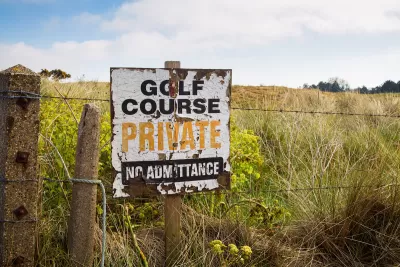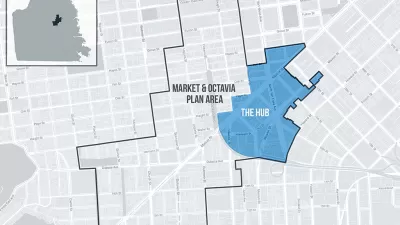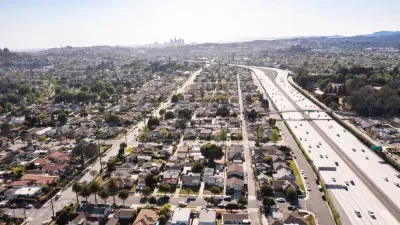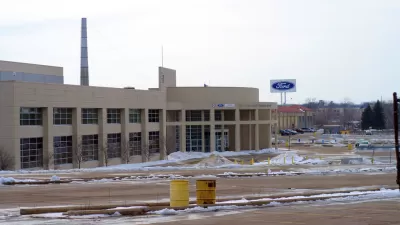Thousands of golf courses have closed in recent years, but the obvious redevelopment opportunity represented by many defunct courses isn’t always easy to realize.

Nearly 1,500 golf courses or country clubs have closed in the United States since 2014, according to research firm IBISWorld, but transforming those properties into development projects hasn’t always proven as easy as developers would like.
A recent article by Andy Medici, paywalled at the Business Journals, provides a rundown of numerous massive projects rising on the former grounds of golf courses—after overcoming stiff odds.
As noted by the article, golf course redevelopment means the potential of thousands of homes, billions of dollars in investment, and the ability to start from the ground up on relatively untouched land.
“But these projects often take years of cutting through red tape […] and for every project that is successful, 10 more never cross the finish line, victims of what he sees primarily as a mixture of zoning hurdles and NIMBYism (not-in-my-backyard-ism) by small but motivated resident groups,” writes Medici.
According to the article, land use regulations are the most common obstacle for golf course redevelopments. “Those obstacles can include contractual obligations put in place when a golf course was first developed to ensure the property cannot be used for anything else or conservation easements,” writes Medici, while citing Jordan Block, a global urban design discipline lead and principal at Stantec and a member of the Denver Planning Board, as a source.
For every example of golf courses with developers ready and willing to transform the land, Medici is able to cite unique opposition to redevelopment plans. Some states and the federal government have begun exploring tools for easing the transition from golf to homes, but the most famous example, a law proposed in the California Legislature in 2022, didn’t win full approval. The law, AB 1910, would have provided funding to local agencies to convert golf courses into affordable housing.
FULL STORY: Closed golf courses, country clubs offer high risks, big rewards for developers

Alabama: Trump Terminates Settlements for Black Communities Harmed By Raw Sewage
Trump deemed the landmark civil rights agreement “illegal DEI and environmental justice policy.”

Study: Maui’s Plan to Convert Vacation Rentals to Long-Term Housing Could Cause Nearly $1 Billion Economic Loss
The plan would reduce visitor accommodation by 25% resulting in 1,900 jobs lost.

Planetizen Federal Action Tracker
A weekly monitor of how Trump’s orders and actions are impacting planners and planning in America.

Wind Energy on the Rise Despite Federal Policy Reversal
The Trump administration is revoking federal support for renewable energy, but demand for new projects continues unabated.

Passengers Flock to Caltrain After Electrification
The new electric trains are running faster and more reliably, leading to strong ridership growth on the Bay Area rail system.

Texas Churches Rally Behind ‘Yes in God’s Back Yard’ Legislation
Religious leaders want the state to reduce zoning regulations to streamline leasing church-owned land to housing developers.
Urban Design for Planners 1: Software Tools
This six-course series explores essential urban design concepts using open source software and equips planners with the tools they need to participate fully in the urban design process.
Planning for Universal Design
Learn the tools for implementing Universal Design in planning regulations.
Caltrans
Smith Gee Studio
Institute for Housing and Urban Development Studies (IHS)
City of Grandview
Harvard GSD Executive Education
Toledo-Lucas County Plan Commissions
Salt Lake City
NYU Wagner Graduate School of Public Service





























